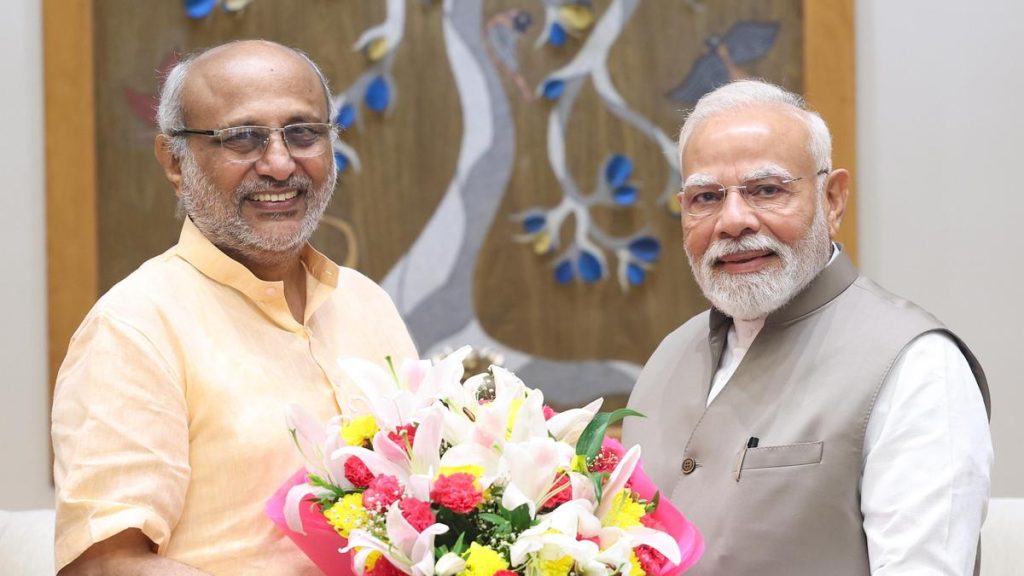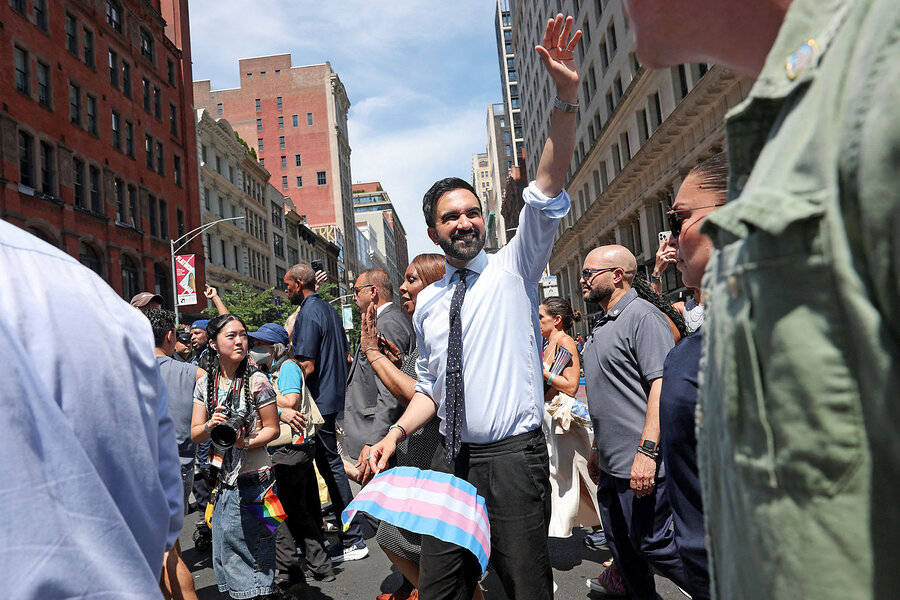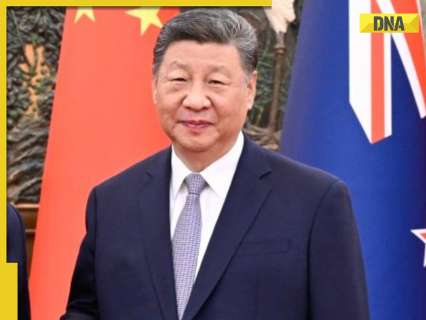Now Reading: After USAID Exit, Worker Reflects on Future Service to Nation
-
01
After USAID Exit, Worker Reflects on Future Service to Nation
After USAID Exit, Worker Reflects on Future Service to Nation

Swift Summary
- William Bradley, a veteran USAID officer of 17 years, officially ended his career by submitting proof to the government after being laid off amidst sweeping cuts.
- The Trump management dismantled USAID, leaving Bradley and over 10,000 colleagues unemployed as the agency was primarily absorbed into the State Department or terminated.
- Overall restructuring since President Trump’s term began has resulted in at least 58,000 federal workers fired and another 76,000 accepting buyouts. USAID saw a particularly steep reduction (over 99%), fueled by criticism from both Donald Trump and elon Musk during DOGE-led efficiency initiatives.
- Ex-USAID employees face challenges finding new opportunities in a competitive job market; some are suing for potential illegal terminations while others plan to run for public office.
- Bradley reflects on his decades of service abroad-work like rebuilding infrastructure in Benin and aiding recovery from Ebola-and debates whether to run for Congress or seek private-sector work to provide stability for his family.
Image captions: Azarath Bradley cooking conventional Beninese food while contemplating her next steps after her husband’s layoff; Democratic organizer Tamara polzin preparing candidate forums amid heightened local political activism.
Indian Opinion Analysis
The dismantling of USAID underlines broader trends of administrative restructuring within governments globally but serves as an inflection point on how foreign aid shapes diplomacy and soft power dynamics. For India, which both receives aid from similar programs and runs its own international assistance initiatives (e.g.,through MEA-managed schemes),this reveals potential vulnerabilities these efforts might face under shifting political priorities.
Such cuts may reduce global collaboration benefiting marginalized communities worldwide-projects like those targeting opium crop replacement or disaster recovery-which indirectly impact nations that gain from cross-border humanitarian programs. If similar reductions occur in other countries’ agencies due to domestic politics prioritizing “efficiency,” India might find fewer multilateral platforms supporting mutual goals such as lasting development or combating pandemics.
Furthermore, the layoffs remind bureaucrats globally-including India’s civil servants-that workforce decisions may hinge less on experience than changing ideological narratives-a factor worth noting when considering long-term institutional investments within India itself.
























